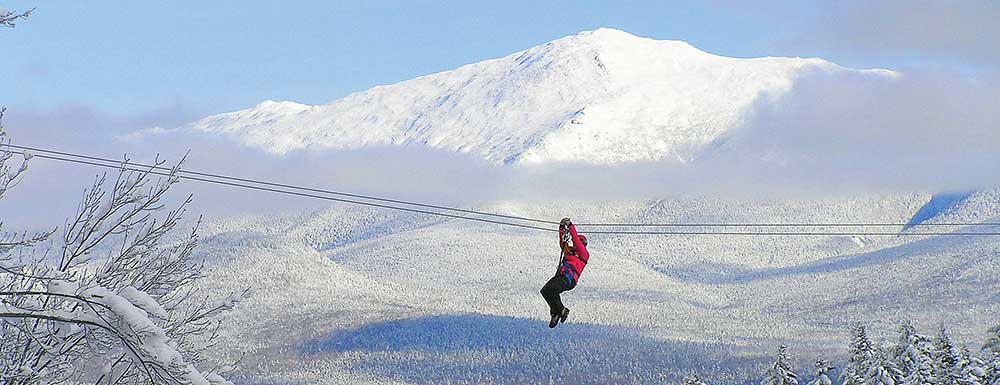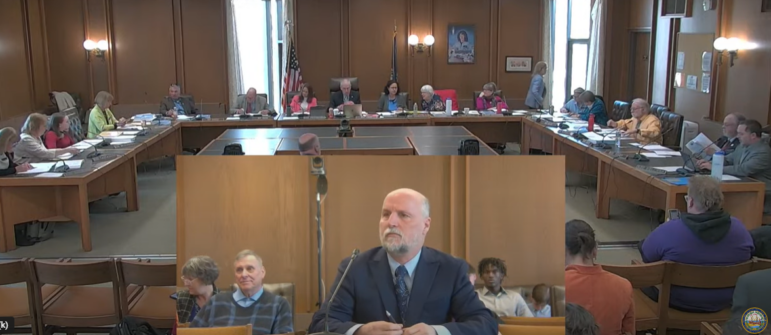By Mark Okrant,
NH Travel Guru
In an effort to marry tourism and responsible use of the planet, two terms have appeared in the travel industry’s lexicon: these are eco-tourism and sustainable tourism.

Mark Okrant
Ecotourism is a responsible form of travel to areas, one that conserves the environment and improves the well-being of local people. Sustainable tourism is
a closely related concept, taking into account the current economic, social, and environmental consequences of travel, while addressing the future needs of both
host communities and visitors.
Twenty-five years ago, I presented a paper at a conference in Ottawa, Canada, convened to discuss sustainable tourism. The origin of that concept dates back to
the nineteenth century; but following a dormant period, scholars were intent upon reviving it during the mid-1980s. In Ottawa, several speakers were promoting a
top-down (i.e., federal to state/province to local areas) approach to launching a sustainability policy.
Throwing caution to the wind, my contribution was entitled, “Sustainability is Humbug.” My intent was to move the discussion away from high-level government mandates, toward a grassroots, or practitioner, managed effort.
One week ago, climate-change naysayers cheered Donald Trump’s decision to eschew funding for the Paris Agreement. At the same time, we heard the collective groans of 194 nations’ leaders, contrary-minded U.S. politicians, scientists, and the media. The fact remains that Trump’s action—whether it had been pro or con—was truly meaningless. In reality, the responsibility for sustaining this entire blue orb, and tourism’s role within it, falls on our collective shoulders.
Sustainability necessitates that both hosting and traveling populations, plus the accommodations, attractions, service providers, businesses, and industries, et.al. that attend them, must accept the task of responsible future thinking and actions. Without this selfless act on the part of everyday people—including all of us who are writing and reading this column—we are doomed to a future of warmer temperatures and rising ocean levels.
Here, in New Hampshire, the impact on the travel and recreation industry will be recognized first by our grandchildren. Warmer weather will produce reduced snowfalls, which will impact the ski-snowboard-snowmobile industry, as well as golf and most other water-dependent summer activities.
The Paris Agreement aside, a number of recreation and tourism oriented businesses already have answered the call, living by the Baltimore Grotto’s (a twentieth century caving club) credo: “Take only pictures; leave only footprints; kill nothing but time.” Further, many individuals and organizations have committed to the 1990s concept of reducing our carbon footprint, i.e., drastically lessening CO2 and methane emissions. Unfortunately, there are a number of others, who—through guile or ignorance—fall short of performing in an ecologically friendly manner. In next week’s NH Travel Guru column, we will address what is expected of eco-friendly tourism businesses, and examine some of the shortcomings that have become manifest.
After forty years as an educator, researcher, and consultant, Mark Okrant joins IndepthNH.org to offer concise, informative insight into New Hampshire’s travel and tourism industry as a business, while showcasing the people and places you want to know. This guy’s really been around. And, he’s funny, too.
For more about Mark’s compelling tourism-based murder mystery series, visit www.markokrant.com.
For information on current things to do in New Hampshire, click here.
He’s Killing Them Off In Resorts Again In ‘Death By Lobster’





